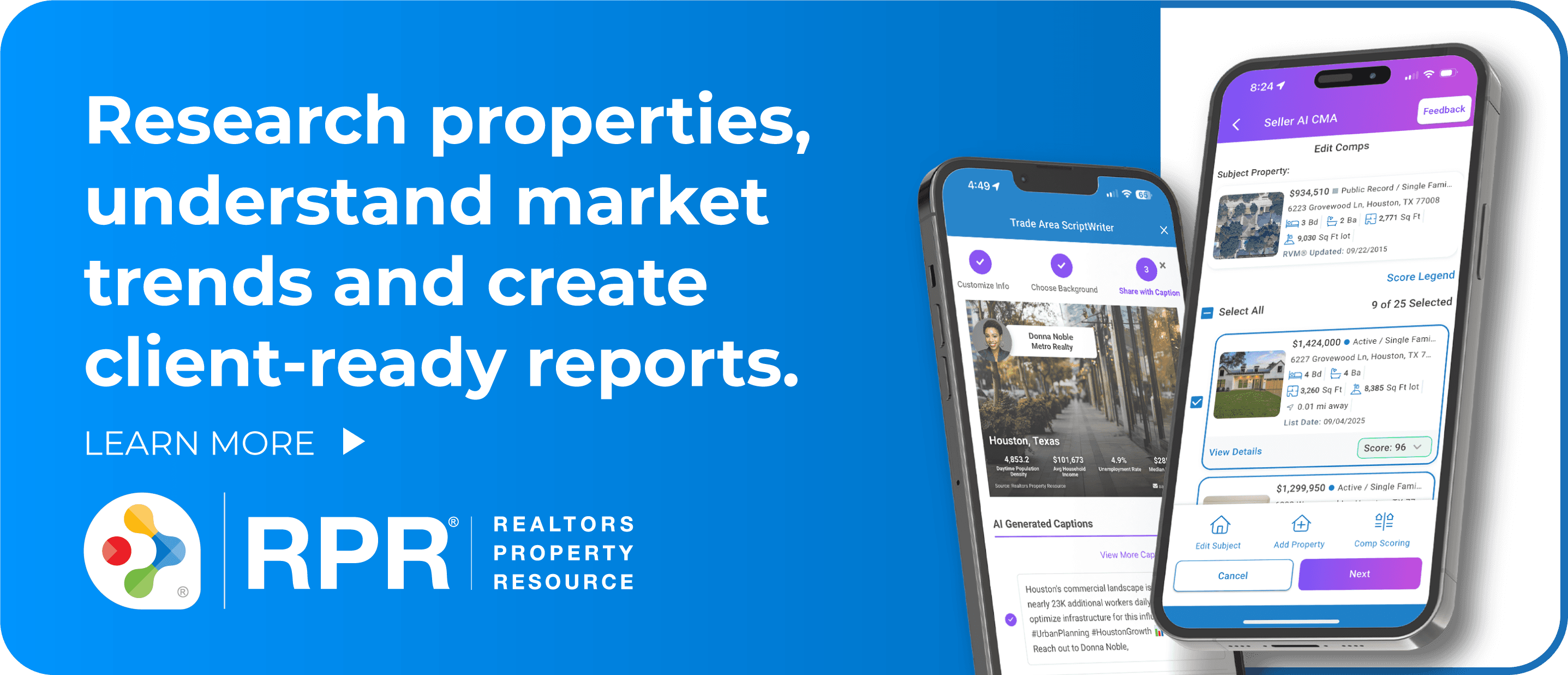
Five years ago, when interviewing homeowners across the country, serial tech entrepreneur Ernie Graham observed that many thought of their home as a liability, simply because they were paying to maintain it. In reality, he said, residential real estate comprises the biggest asset class in the world, and it often represents their possibility for a stable retirement. While available data about homeowner net worth takes into account for all assets, not just home equity, homeowners’ median net worth in 2019 was 40 times the median net worth of renters, according to the Federal Reservepdf.

And while there are dozens of forums, technology vendors, and financial companies that support education around retirement plans such 401(k)s, Graham said, there’s a dearth of information about the home as a financial asset.
The lack of insight around home equity presents an opportunity for real estate professionals, who are always looking for touch points with past clients, said Graham and his fellow panelists at the Emerging Business and Technology Forum Saturday at the 2021 REALTORS® Conference & Expo in San Diego. All three panelists—Graham, Brian Lent, and Teresa Grobecker—represent tech-enabled platforms that help agents connect with homeowners to focus on their property’s value and potential. They discussed four ways they believe their platforms might impact the agent-client relationship over time.
1. Help homeowners who want to stay in place. Lent, co-founder and CEO of Plunk, a 2021 NAR REACH company, said the trend toward greater work from home (see sidebar) provides a clear opportunity for real estate pros to help owners create better live-work spaces. By being able to engage on the topic of renovation loans and impactful remodel or renovation options, agents can more easily maintain relationships with homeowners between transactions, he said.
2. Share presale opportunities with ROI. Grobecker, head evangelist at Milestones, another 2021 REACH company, said the role of the real estate agent should include the process of helping homeowners “get the juice out of their house” at resale. Milestones offers automated email journeys that engage homeowners over time with ideas about home improvements and ROI; real estate agents who use Milestones can access a dashboard that shows which recipients are engaging with the content and may be entering the presell phase.
3. Create better housing value reports. Sharing the growth of a home’s value over time is one of the easiest and most effective ways to engage homeowners. While automated home valuations have been a controversial subject over the years, the panelists agreed that improvements to the data sets and algorithms are making automated valuations more nimble and reliable.
Plunk, which is rolling out a real-time valuation tool in the next month, will allow users to upload a photo of a room or area that has been updated or added to the property. Its analytics will then determine how those upgrades will raise the property value. By programming how automated home value estimates will account for condition, Lent said, the platform allows for properties to be evaluated in much the same way as other financial assets.
“Every other stock has an identified value and can be traded instantly,” Lent said. “Housing is the largest asset class, and it’s not very transparent.” Real-time valuation, he said, would facilitate better engagement between real agents and their clients throughout the homeownership journey.
4. Identify financial options. Graham, CEO and co-founder of Homebot, says that his platform is “like Credit Karma for the home.” Homebot offers information on the property’s value and the financial opportunities that may be available or advantageous to the homeowner, including when to refinance, when to cash out, and when to invest in a new property. Real estate agents can use the tool alongside a preferred lender, so they’re seen as a dual advisory team for homeowners interested in managing their home as an asset.
“What a great curator we, as agents, are positioned to be,” said Graham, “when we go beyond being top-of-mind and begin to provide content with real value.”
The Home as an Asset
A home of one’s own can be viewed on the spectrum from a place of joy and security to the primary source of net worth for most individuals, panelists said. Real estate agents who offer better context and insight about valuations and the financial considerations of homeownership are the most ideally positioned to create client-for-life relationships, the panelists agreed.
The tech-enabled platforms that Graham, Lent, and Grobecker represent offer automated and meaningful data and content for time-strapped agents. But Graham said there are plenty of ways to provide such insights manually, too. When speaking to those in the period between buying and selling, he said, “You need an email, you need Google, and you need a perspective.”









